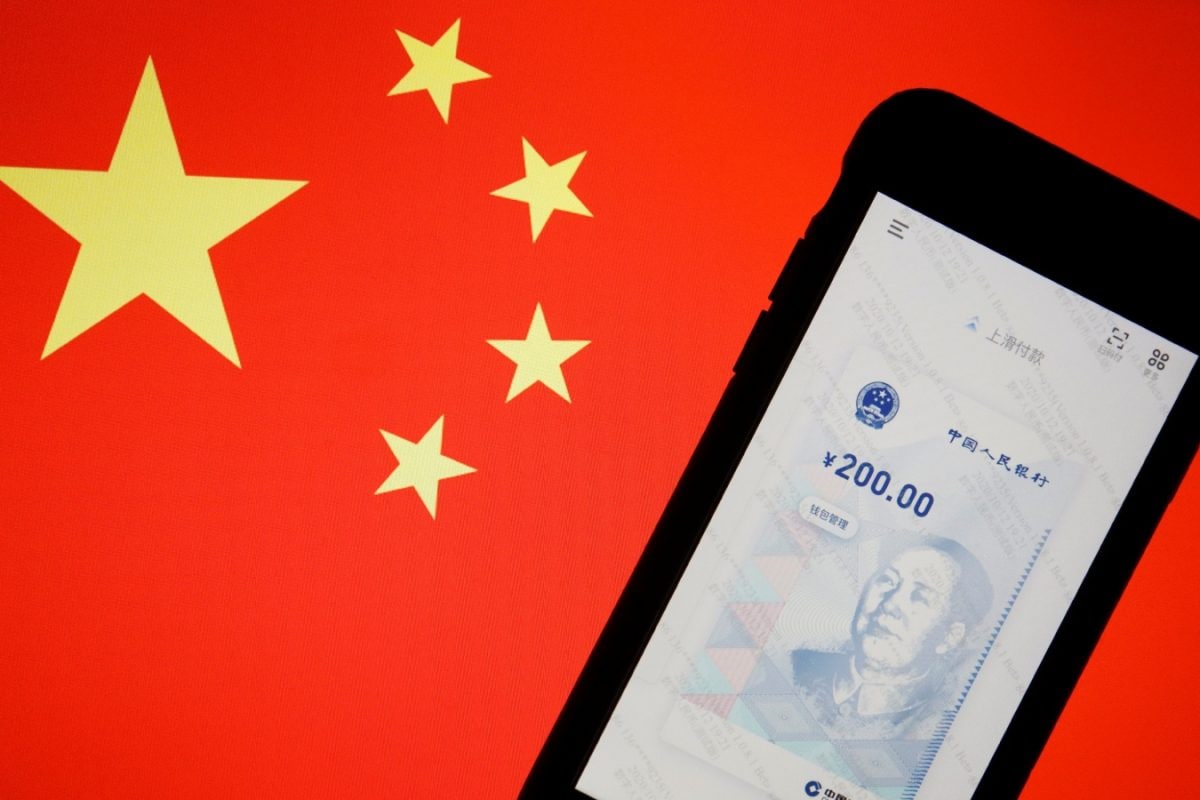

The Indian government is reportedly considering a ban on a Chinese mobile application that is allegedly luring residents of Northeast India into sharing content that is critical of India. This potential action highlights the ongoing concerns about the misuse of mobile platforms to disseminate anti-India narratives and the potential for foreign entities to exploit regional vulnerabilities.
The move comes amid heightened scrutiny of Chinese apps operating within India, with previous bans implemented due to concerns over data security, privacy, and national security. The government has repeatedly expressed concerns that certain apps could be used to collect user data and transmit it to servers located outside India, potentially compromising the privacy of Indian citizens and posing a threat to national security.
The specific details of the app in question, including its name and functionalities, are still emerging. However, it is understood that the app encourages users, particularly those in Northeast India, to create and share content that challenges India's sovereignty, territorial integrity, or internal security. This content reportedly includes criticisms of government policies, expressions of regional discontent, and the promotion of separatist sentiments.
Northeast India, a region characterized by its diverse ethnic and cultural identities, has historically faced various socio-political challenges, including insurgency movements and demands for greater autonomy. The government is concerned that the Chinese app could exploit these existing vulnerabilities, exacerbating regional tensions and potentially inciting unrest.
The Ministry of Electronics and Information Technology (MeitY) is reportedly assessing the app's operations and its potential impact on national security. If the app is found to be in violation of Indian laws and poses a threat to the country's sovereignty and integrity, the government is likely to invoke Section 69A of the Information Technology Act, 2000, to block public access to the app.
Section 69A empowers the government to restrict access to online content for reasons such as national security, the sovereignty and integrity of India, the defense of India, and public order. This provision has been used in the past to ban hundreds of Chinese apps, including popular platforms like TikTok, Shareit, UC Browser and PUBG Mobile.
The potential ban has already sparked reactions from various stakeholders. Security analysts have welcomed the government's proactive approach, emphasizing the need to safeguard India's digital space from hostile foreign influence. However, some critics have raised concerns about potential restrictions on freedom of expression and the need for transparency in the decision-making process.
The government has maintained that any action taken will be in accordance with the law and will be based on concrete evidence of the app's detrimental impact on national security. It has also emphasized its commitment to protecting the privacy and security of Indian citizens in the digital realm.
This latest development underscores the ongoing challenges faced by India in regulating the digital space and countering the spread of disinformation and anti-India narratives. As mobile technology continues to evolve, the government is likely to further strengthen its regulatory framework and enhance its cyber security capabilities to address emerging threats and safeguard national interests.
The outcome of the government's assessment and the potential ban of the Chinese mobile app will have significant implications for the digital landscape in India, particularly in the Northeast region. It will also serve as a test case for the government's ability to effectively address the challenges posed by foreign-sponsored disinformation campaigns and the misuse of mobile platforms to promote anti-India sentiment.